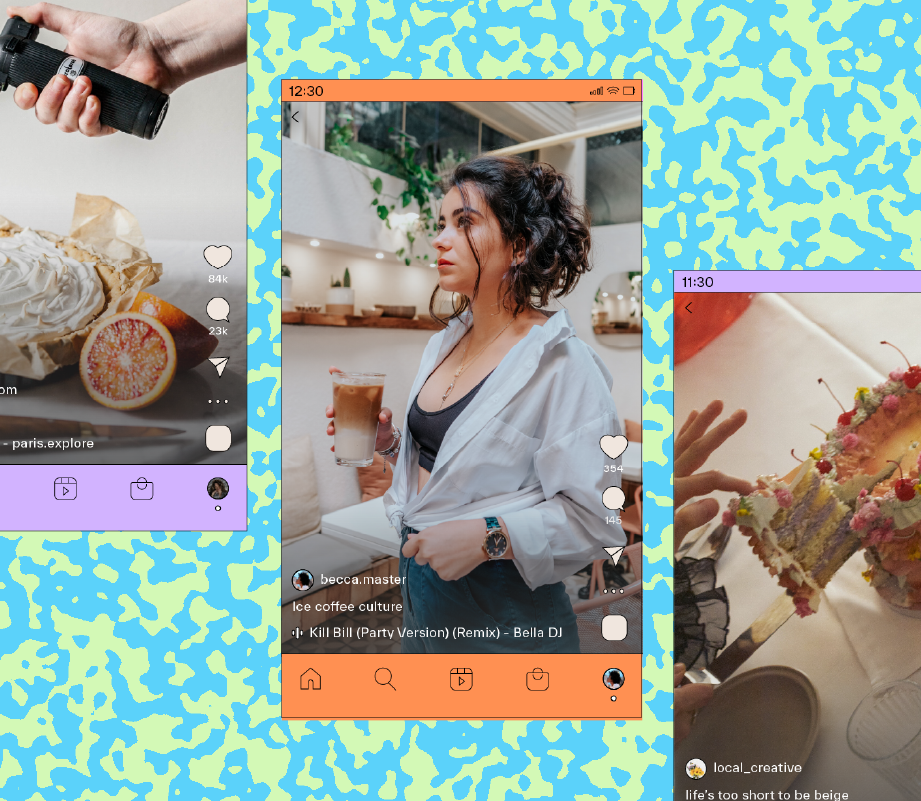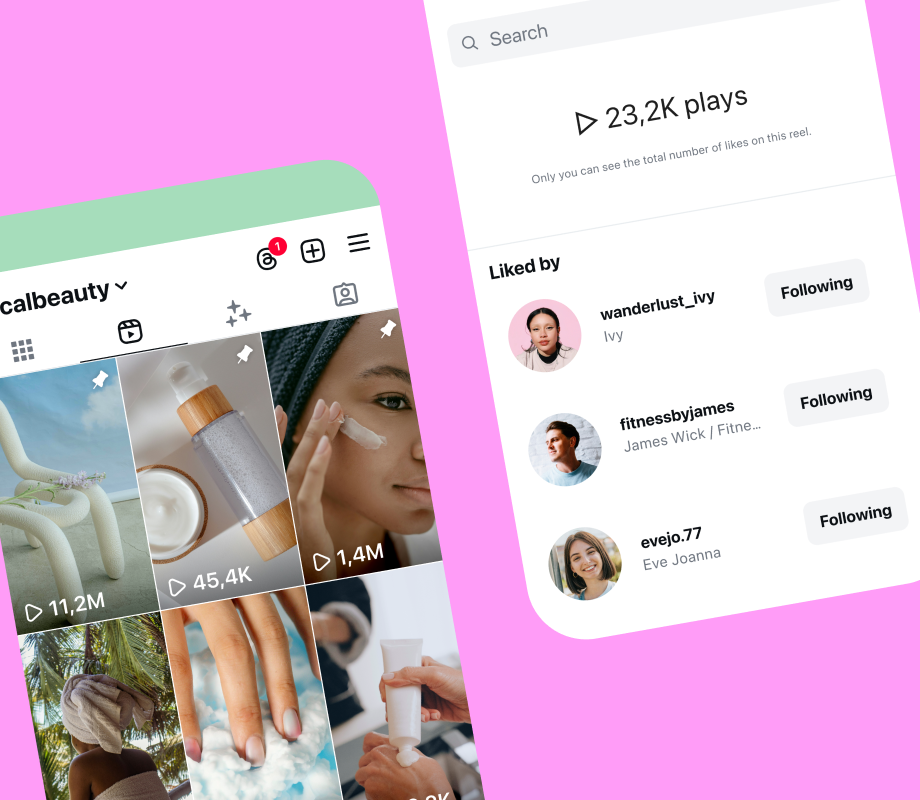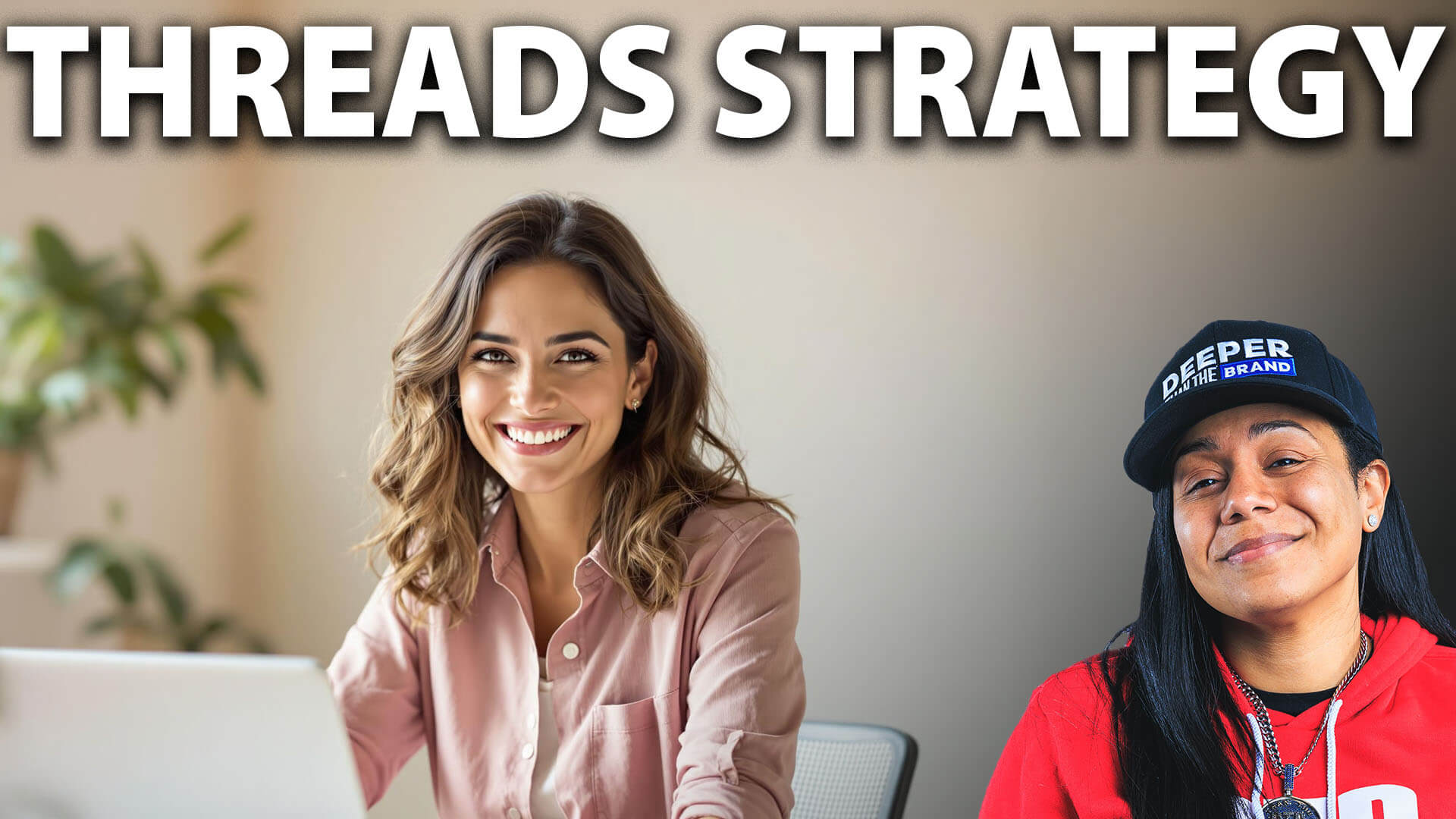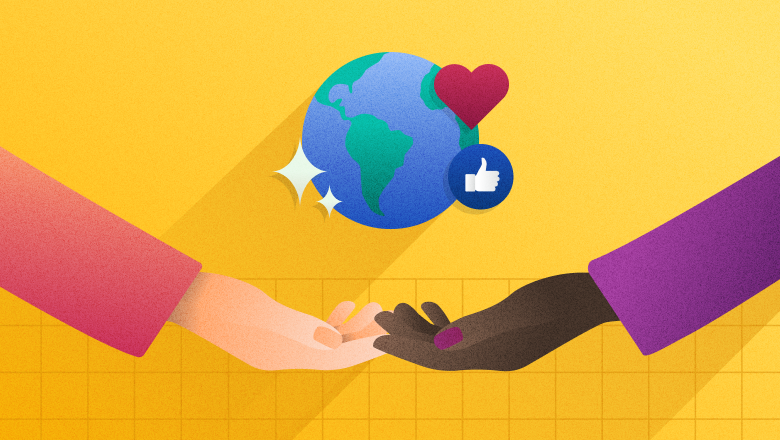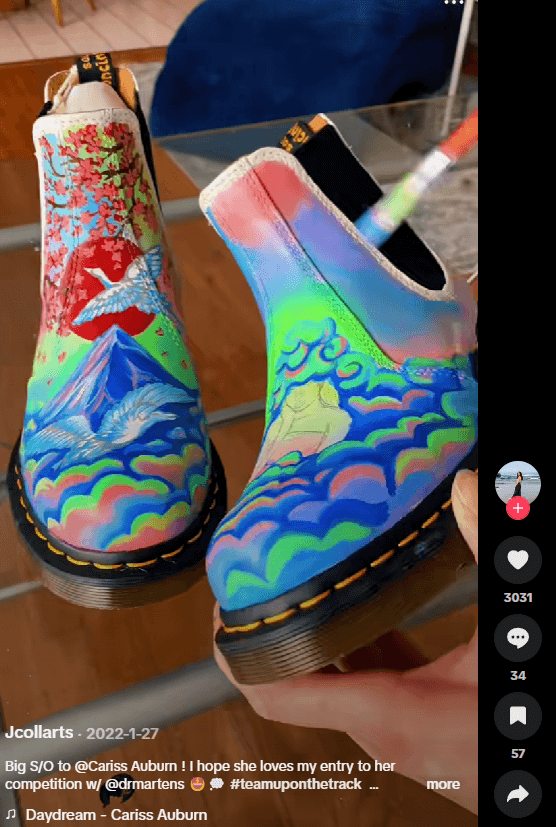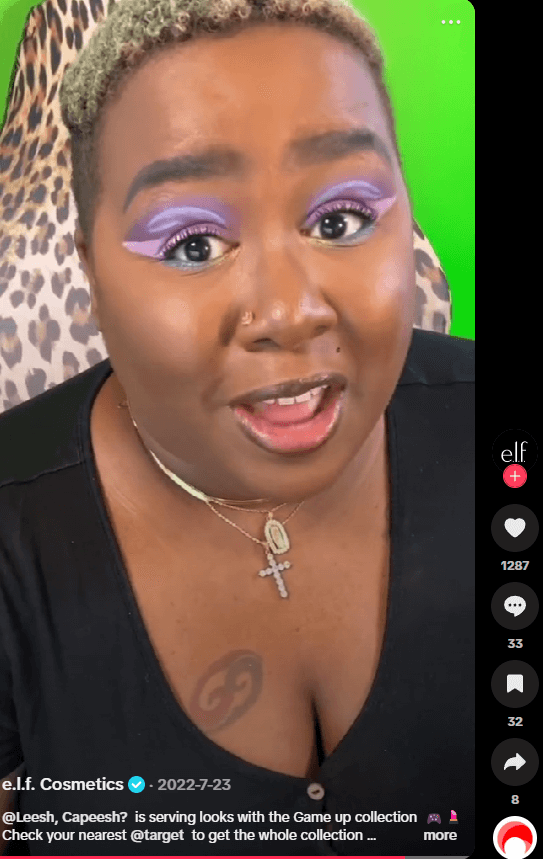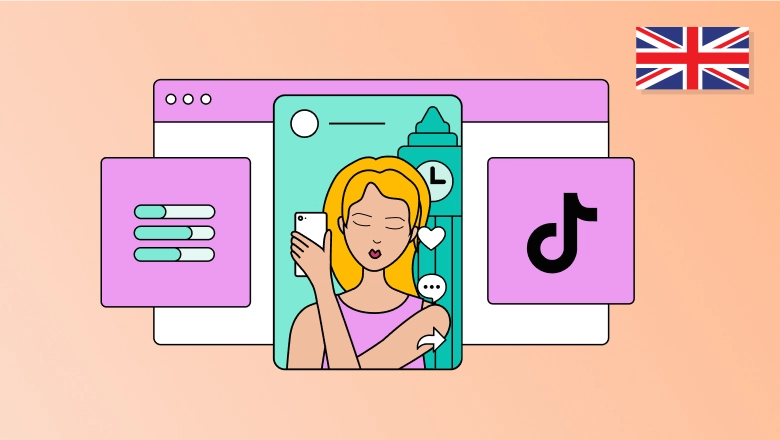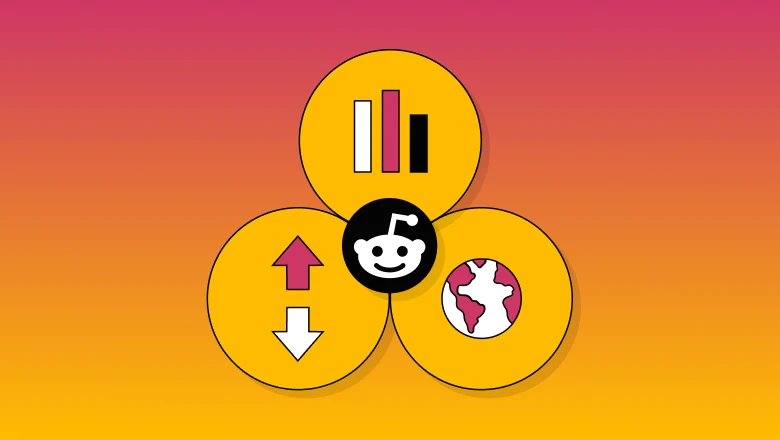The future is niche: a brand guide to popular niche communities
There truly is something out there for everyone, and it’s on social media somewhere. Social media culture is fed by niche communities built around Read more... The post The future is niche: a brand guide to popular niche communities appeared first on Sprout Social.
There truly is something out there for everyone, and it’s on social media somewhere. Social media culture is fed by niche communities built around specific interests.
Enjoy winding down with a good documentary? There’s a subreddit for you. If you love experimenting with your skincare routine, there’s an entire ecosystem of Facebook groups, subreddits, Discord channels and more to explore. Niche communities like these have grown alongside social media, in part driven by the rise of micro-influencers and creators.
Micro-influencers and the niche communities they’re part of have become tastemakers in certain subcultures and industries, creating conversation and boosting virality of trends on social.
Smaller creators in the range of 10,000 to 100,000 followers tend to interact more with their fans, creating active communities that foster real relationships their audiences deeply value. Brands can tap the power of these creators’ highly engaged, niche audiences to increase awareness and loyalty.
By listening to and engaging with niche communities, brands can also stay culturally relevant and keep a pulse on their audience.
What is a niche community?
A niche community is a group focused on a specific demographic, interest or goal. People who consider themselves part of a niche community typically share an ethos or passion that ties them to other members of the space, even if they differ greatly in other parts of their lives.
A niche group may be formally organized and have structure or requirements for membership, or be a more informal gathering for interaction. Niche communities on social media tend to be of the informal variety, popping up in hashtags, comment sections, Reddit threads, Facebook groups and other social media conversation tools.
Listening to and interacting with these targeted communities is the basis for a niche marketing strategy. For brands, this marketing approach often looks like influencer partnerships, social and community teams interacting in/hosting niche spaces, or highly targeted social advertising.
Why brands need to engage with niche communities
During SXSW 2025, one of the key takeaways influencer/Sprout partner Lia Haberman walked away with was that it’s all about the niche. Specifically, niche communities and creators are the marketing power moves that will get brands closer to the authenticity and cultural relevance their audiences crave.
Engaging with niche communities calls for cultural fluency in their interests and how they interact. Social listening, research, monitoring and partnering with influencers will help you learn about the community behaviors and inform how to authentically engage with them.
Dr. Regina Moore, one of the founders of Women’s Personal Finance, a niche financial education community for women and nonbinary folks, says brands should keep in mind that “we’re here focusing on something we really care about.” Micro-influencers are often stewards of niche communities, a role they respect when it comes to allowing brands into the space.
“Those of us who are focusing on quality over quantity are going to take the types of partnerships we engage in very seriously,” Dr. Moore says.
Brands should approach niche communities and influencer partnerships thoughtfully and with flexibility. Done well, niche marketing offers several benefits that can boost your overall social marketing strategy, including:
Deepen brand loyalty
Engaging with niche communities can foster stronger relationships with customers in a space where they feel valued. When your customers see your brand actively and authentically participating in their community, they feel valued rather than just another sale for your business. This can boost loyalty over time, turning your audience into brand advocates. Those loyal advocates can create strong word-of-mouth recommendations, expanding your customer base further.
Access targeted audiences
You know your products and services aren’t for every single person out there. With niche communities, you can get access to audiences that fit your ideal customer profiles and even discover new markets.
Connecting with such targeted audiences can increase engagement and provide robust social media intelligence you won’t find elsewhere. Micro and nano-influencers can be especially powerful partnerships here by giving your brand a foot in the door.
Build authority and expertise
Becoming a thought leader in your industry means you’re a voice of authority in the space. Being the source people turn to for expertise on specific topics solidifies brand trust and benefits your bottom line in the long term.
Whether through your executive team or via your brand, participating in niche communities shows your peers and customers that you truly know the space and are welcomed by insiders.
Increase cultural fluency
Spending time in niche communities gives your brand chances to both listen and participate in dialogue. Nearly all consumers surveyed in The Sprout Social IndexTM agree they want brands to understand online culture even if they don’t participate.
Listening and watching conversations in niche spaces is one of the best ways to get that understanding, do trendspotting and uncover the “why” of what’s popular. Social media is a noisy world, and micro communities can offer a filtered, in-depth look at what your customers are thinking and feeling.
What’s going viral across social media networks sometimes begins in smaller, niche spaces. Micro and nano-influencers frequently play a role in bringing burgeoning trends from their niche circles to other platforms. For more on how social media affects culture, download our influencer marketing report.
Examples of brands in niche communities
As niche communities thrive on both major (Instagram, TikTok) and decentralized networks (Discord, Mastadon), there are many opportunities for brands to connect with these audiences.
UK-based Dr. Martens has long been associated with multiple subcultures, particularly around music. While they’ve partnered with popular international artists on campaigns, the brand also knows the value of working with up and comers.
Dr. Martens partnered with singer Cariss Auburn on the #TeamUpOnTheTrack campaign to source user-generated content featuring fans in the brand’s iconic boots. The UGC was used as new visuals for Auburn’s song “Daydream.”
Auburn created several viral videos within her niche on TikTok, giving Dr. Martens a chance to tap her growing fan base and the independent artist community.
Brands can also build niche communities on their owned channels. Sephora built a community on their social-style platform, Beauty Insider Community. It lets users get advice from each other and join even more specific groups within the niche makeup space.
The community features forums, content from influencers, galleries and competitive challenges, helping build a culture around their brand and strengthen loyalty.
Reddit is full of subreddits related to energy drink heavyweight Red Bull, specifically about its related sports empire. Red Bull posts daily under the username u/redbullgivesyouwings in niche sports communities for activities like BMX and skateboarding, sharing videos of athletic feats. This helps them be part of the conversation and keep it going.
Niche TikTok communities
Subcultures and micro-communities thrive on TikTok, where viral trends quickly gain traction and spill over to other platforms. Hashtags often attach “Tok” to a topic to make searching for what you love easy. Here are some popular niche interests on the network.
BookTok
From romantasy to thrillers, reading is a beloved pastime for the BookTok community. Authors and readers alike discuss new releases, favorites and occasionally best-seller list controversies.
BookTok’s passionate community has become influential outside of TikTok, helping authors boost sales and even reviving bookstores. The community also loves to show off styled bookshelves, so while the community is centered around books, it naturally ties into other interests that brands across industries can tap into.

HealthTok
Those interested in fitness, nutrition and wellness will find a home on HealthTok. Personal trainers, dieticians, dermatologists and more have become influencers in this niche, using TikTok to share bite-sized health tips and facts.
Though there are some concerns around health misinformation gaining visibility, doctors and other medical professionals are gaining presence in the space. This gives brands a way to connect directly with consumers to help educate and combat misinformation through trusted, trained experts. An important opportunity, given the Index found that 93% of consumers think brands need to combat misinformation more than they are today.
FinTok
People are taking charge of their financial future on FinTok, learning from influencers about retirement plans, stocks and budgeting. The #PersonalFinance hashtag on TikTok has well over 4 billion views. Users in this niche community share money tips that have worked for them, together navigating the path to financial freedom. Brands have the opportunity to support financial literacy efforts in the space, as well as offer products, apps and services they may have that help consumers budget and manage their money better.
CleanTok
Who knew watching others clean and organize their spaces could be so…zen? CleanTok features videos of everyday people cleaning their homes, rooms, cars and more. The videos often feature colorful products and ASMR-style sounds throughout. The trend has grown to additional niche spaces, like cemetery headstone cleaning.
CleanTok is prime for brand partnerships, even outside the obvious cleaning product tie-ins. Mobile game developer HOMA created “Clean It,” a game based on the #CleanTok trend to reach users who enjoy the calm of cleaning in a new way.
BeautyTok
Beauty influencers surged in popularity on YouTube and made their way to other channels including TikTok over the years, forming the foundation for niche beauty, makeup and skincare communities.
It’s not just the mega popular, minor celebrities with a presence here. Micro-influencers abound, posting “get ready with me” videos, product reviews and dupes, and personal beauty tips and secrets.
User-generated content is a strong opportunity for brands in this space. Showcasing your products via relatable content can help your brand speak directly to your audience’s needs.
TravelTok
This particular niche community is both aspirational and practical. Some popular videos feature influencers traveling to beautiful places, sampling expensive cuisine and providing bucket list inspo.
Other parts of the community offer travel tips and advice, often for hyper-niche locations or types of travelers. One example is the account PlusSizeParkHoppers, a group of Disney theme park-loving friends who provide accessibility insight for rides, restaurants and hotels.
This type of realistic, relatable travel content has helped travelers find hidden gems that conventional travel guides don’t include. Places that go viral on TravelTok have seen boosts in attendance, attracting global audiences that may not have known about them before.
Niche Reddit communities
Reddit is a network of millions of subreddits aka individual forums and threads for specific topics. Users tend to be more anonymous on Reddit than on other platforms, allowing them to engage with niche interests and topics in ways they might not via their social networks. Sonos’ Social Media Program Lead, Keith Nieves, says the secret to brand success on Reddit is to remember two key rules: Be a genuine human, and be in service of the community.
“Think of the subreddit as a coffee shop or pub. No one walks from table to table, shaking hands asking how they can help, and inserting themselves in conversations,” he explains. “Chill. Be available. Be helpful. Give the community space, but do not be afraid to engage. Especially if you can knock it out of the park.”
Let’s take a look at some of Reddit’s most popular niches.
Personal finance subreddits
There are thousands of subreddits across the personal finance space where users come together to share ideas, learn—and maybe even get rich in the process. Different niches include personal finance management (r/personalfiance, r/moneydiariesactive, r/bogleheads, r/financial planning); frugal lifestyles (r/frugalliving, r/bduge); cryptocurrency (r/cyrptocurrency, r/cyrptomarkets) and individual finance topics (r/CreditCards, r/WallStreetBets, r/Banking, r/PassiveIncome).
Some finance related subreddits have impacted real world scenarios, including r/WallStreetBets’ infamous super boost of GameStop stock.
Tech subreddits
From gadgets to careers, techies are discussing it all on Reddit. Niches include cybersecurity (r/cybersecurity, r/Information_Security, r/AskNetSec); consumer electronics (r/consumerelectronics and influencer subreddits like Marques Brownlee’s r/mkbhd); computing (r/Linux, r/computing and brand related forums like r/Apple and r/windows); and cellphones (r/Androind, r/ios, r/nokia). Threads on these subreddits range from product reviews (and critique) to philosophical discussion about the impact of technology on society.
Redditors in the tech niche spaces tend to be passionate early adopters of new technology and tools, making these subreddits a useful place to listen for product feedback. Nieves used the Sonos unofficial subreddit to help quell backlash after an app redesign that was not well received. The community respected Nieves prior to the event, and the community building efforts of Sonos paid off when it was needed most.
“Generally speaking, people go to Reddit to engage with other people, not brands or businesses,” Nieves says. “This makes it a gold mine for social listening and for finding the right situations where you (as a brand ambassador) can provide helpful insight or perspective with a healthy dose of influence and validity.”
Sports subreddits
Whether an athlete themselves or just someone with a love of the game, Redditors have created niche spaces for sports, teams, local leagues and more. There are niches for all types of athletic activities (r/cycling, r/climbing, r/ fishing); fans of classic sports (r/boxing, r/soccer, r/baseball, r/basketball); followers of professional leagues (r/NFL and r/NBA); and even hyper-niche options (r/darts, r/ultimatewrestling, r/billiards). Sports communities on Reddit also include betting and gaming around professional leagues.
The popularity of the r/NFL subreddit and related ones around individual teams led to an official partnership with Genius Sports, where real-time game stats are added to relevant subreddits to encourage users to keep participating online while watching the game.
Niche lifestyle communities
Niche communities often grow across channels, with users finding each other in multiple spaces. This is particularly true of lifestyle communities.
Health and wellness communities
The niches within the health and wellness world are vast. Across TikTok, Instagram, Reddit and more, communities are built around exercise, health products, self-care and more. Many of these communities function as a safe space for users, particularly around contentious topics like body image. Recognizing that is key to authentic influencer marketing in the health and wellness space.
Lindsey Yeom, a personal trainer and micro-influencer, says health and wellness communities on social media have helped change some toxic health cultures. “I remember when I was younger, fitness for women was tailored to one goal: be as skinny as possible,” she says. “But now on social media, you can find niche communities around healthier ways of becoming fit, like weight training, powerlifting, yoga and nutrition that moves away from diet culture.”
Yeom sees online niche health communities as a prime place for companies to take their brand partnerships beyond social media. “If you are working with an influencer, ask if there are local events they’re hosting where you can come out, support the community and provide products or samples.” In a practical example, Yeom recently partnered with a local gym brand to host an in-person nutrition workshop.
Travel communities
Niche travel communities are a modern traveler’s guidebook, connecting travelers through social media communities for trip planning advice and insight into local experiences.
Communities like r/TravelHacks on Reddit help vacationers save money, and groups like The Solo Female Traveler on Facebook cover tips for those choosing to see the world as a party of one.
Reddit’s partnership with Google means travelers looking for ideas and insight are often funneled right to niche subreddits. Brands like hotels, airlines and more can benefit from tracking and participating in these conversations to better understand and tailor their customer services to travelers.
Fashion communities
Fashion is a part of identity, with certain fashions signifying “membership” in specific groups. Social media communities are another way for trendsetters and vintage rebels to find each other, bonding over creating outfits and finding the perfect pieces.
Niche fashion communities on TikTok, Facebook, Instagram and Reddit serve as marketplaces and discussion forums for lovers of haute couture, thrifted style and subcultures like punk. These communities see strong engagement: On TikTok alone, fashion content has a 2.26% average engagement rate.
Platforms like Poshmark play a role, too, helping users in these spaces buy and sell used items. Poshmark’s platform incorporates social elements of its own, giving fashion communities a space to share videos of their listed items, follow each other and comment on offerings.
Personal finance communities
Reddit is legion for personal finance niche communities, but influential personal finance spaces also thrive on other networks.
Crypto on X
X is home to many popular cryptocurrency accounts that users turn to for expertise on mining, trading and selling.
Community interaction happens in thread replies and Spaces, X’s live audio platform. Followers of this niche industry keep track of accounts like @Brian_Armstrong (Coinbase founder) and @CathieDWood (ArkInvest founder).
Discussions about crypto on X can, and have, directly impacted the crypto marketplace. For example, when former Securities and Exchange Commission chairman Gary Gensler stepped down, he made the announcement on X. Bitcoin prices rose in the following days as the community anticipated a more crypto-friendly replacement.
Women’s personal finance communities
Interest in financial advice geared specifically toward women has grown significantly in recent years, and niche communities around the topic exist on nearly every platform. Dr. Regina Moore and co-founder Angela Rozmyn’s Women’s Personal Finance (WPF) group originally lived on Facebook, with over 80,000 members but has evolved.
In 2020, WPF had grown large enough that Dr. Moore and Rozmyn saw an opportunity to move beyond Facebook. Their WPF Insiders Discord launched in 2021 (which Dr. Moore notes is their “most engaged” space) and the Woven community was launched on Mighty Networks in 2023.
Niche communities are cultivated spaces tied to the values and interests of the group. How they show up online will naturally evolve as behaviors change. Brands that attempt to step into a partnership with a niche community without understanding that won’t fare well.
For example, the WPF community is anti-fast fashion and engages in big picture discussions around consumerism. “You’ll never see us partnering with a drop ship fashion company that pumps out thousands of styles of plastic clothing a month,” Dr. Moore says. “If you’re reaching out, we want to know why we stood out to you, what it is about us that resonates with you as a brand.”
Gamer communities
Video games have come a long way since the original Nintendo systems, with people of all ages gaming together and solo in a plethora of genres. There’s big money and potentially big impact in gaming, both for brands and influencers.
Alisha Ether, who goes by the handle LeeshCapeesh, says the gaming community has “immensely” impacted trends and culture. “Modern celebrities are shifting over to streaming games or ‘just chatting’ content on the side, and this trend has significantly increased,” she says. “We are even seeing streamers like Kai Cenat and IShowSpeed going to major events—dare I say that streamers are the new celebrities?”
Niche gaming communities have plenty of opportunity beyond the obvious. “Streamers drink water, wear clothes, wear glasses, use paper towels/toilet tissue, etc.,” Ether explains. “There are many products that we use in our daily lives that can also be promoted on stream, and they don’t have to align with gaming.”
Here are three major places you can find gaming communities in a variety of niches.
Twitch
Twitch, one of Ether’s main platforms, is a livestreaming tool that lets people show video of themselves and a game they’re playing simultaneously.
It includes a live chat functionality so viewers can connect with the streamer and other followers. The interactivity is a huge draw for both streamers and fans, especially smaller creators who can hold a real time conversation with their audience.
Niche communities exist around specific types of games like horror (one of Ether’s specialties) or sports as well as individual streamers themselves.
“Brands often approach me with the same old tweet and two-hour stream combo that has become industry standard—it would benefit brands to allow the influencer to have a bit more say in how to engage their community effectively,” Ether says. When she collaborated with e.l.f. Cosmetics, they co-created content that Ether knew would resonate with her audience. Ether’s “get ready with me” style video showcased the brand’s Game Up Collection and expanded reach with a #BeautyTok crossover.
YouTube Let’s Play and streaming
YouTube also offers a livestreaming option for gamers, but viewers and commenters are often drawn to non-live video content from their favorite creators.
Let’s Play is a popular category on YouTube, featuring major influencers like Markiplier and Jacksepticeye (and micro-influencers) sharing their experiences and thoughts while playing popular and independent games.
For brands, partnering with content creators on YouTube can open up new product possibilities. The Five Nights at Freddy’s video game franchise eventually expanded to a series of books and films thanks to its popularity as a Let’s Play game.
Discord groups
Streamers on Twitch or YouTube often have an associated Discord account, as do game studios. In this space, the community connects between streams, discusses related topics or plays games with each other via Discord’s live chat feature. Discord groups are a great container for getting a pulse on what gamers enjoy and what’s important to them.
For gaming studios, these spaces also facilitate troubleshooting and bug fixes, as well as update announcements. Indie game studio Supergiant Games uses their Discord for community building and collecting game feedback.
The future is niche
Niche communities will continue to evolve and increase their influence online and off. They’re even becoming more niche. Hyper-niche communities are emerging, further specializing in the passions and topics they center on.
These spaces will continue to drive culture as niche influencers take their content across platforms and into IRL activations. For a deeper look at how social media culture is evolving and impacting how brands show up on social, download The 2025 Sprout Social IndexTM.
The post The future is niche: a brand guide to popular niche communities appeared first on Sprout Social.












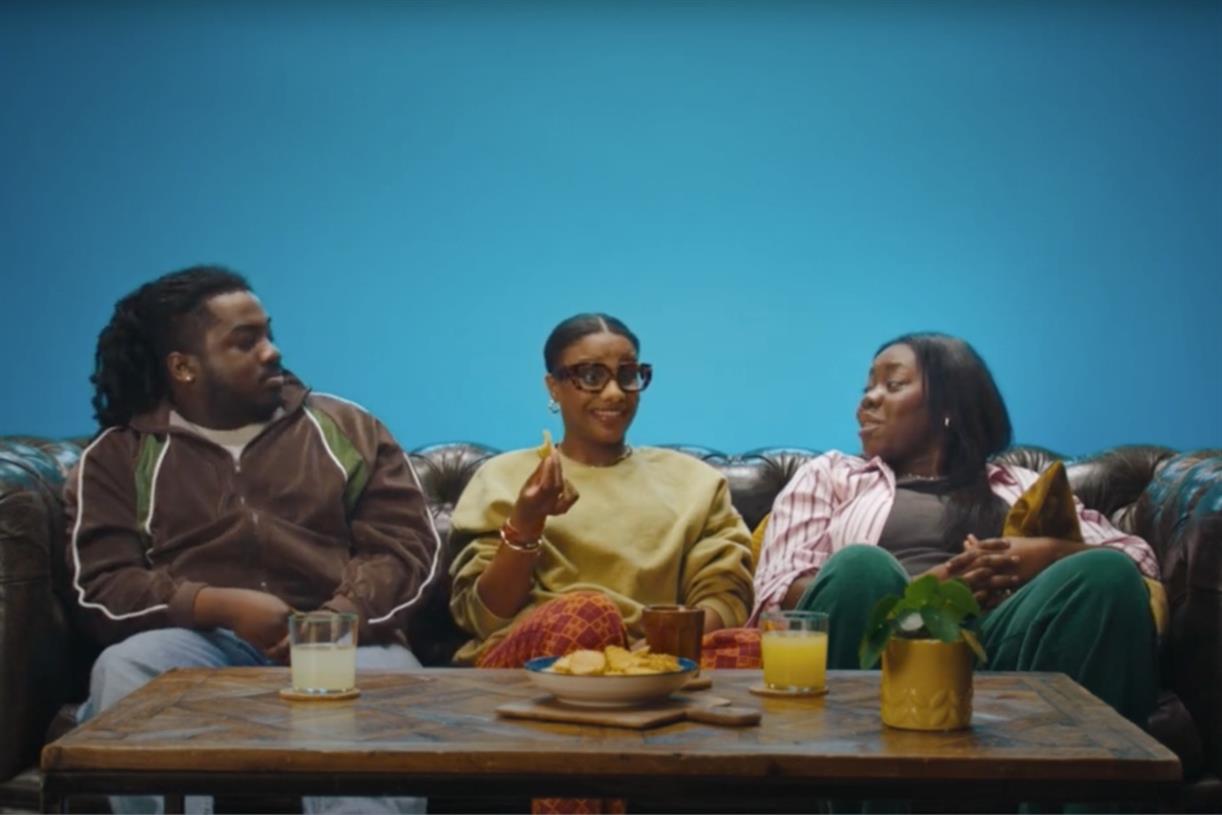
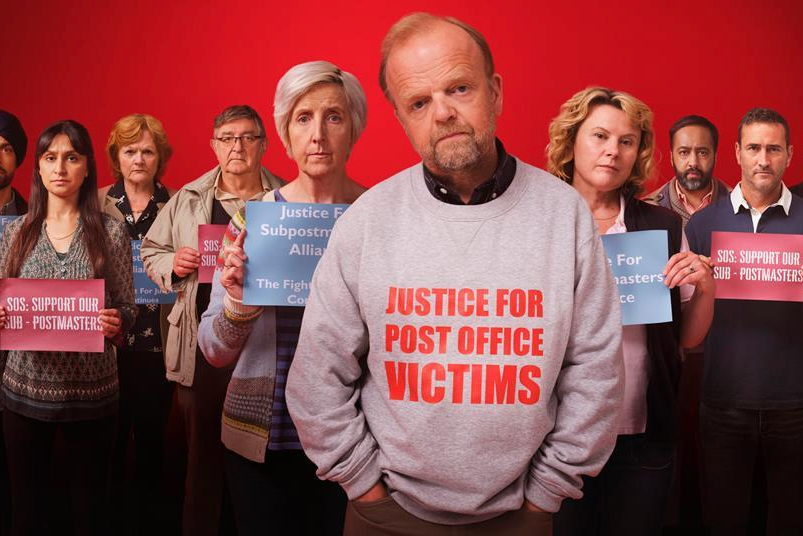

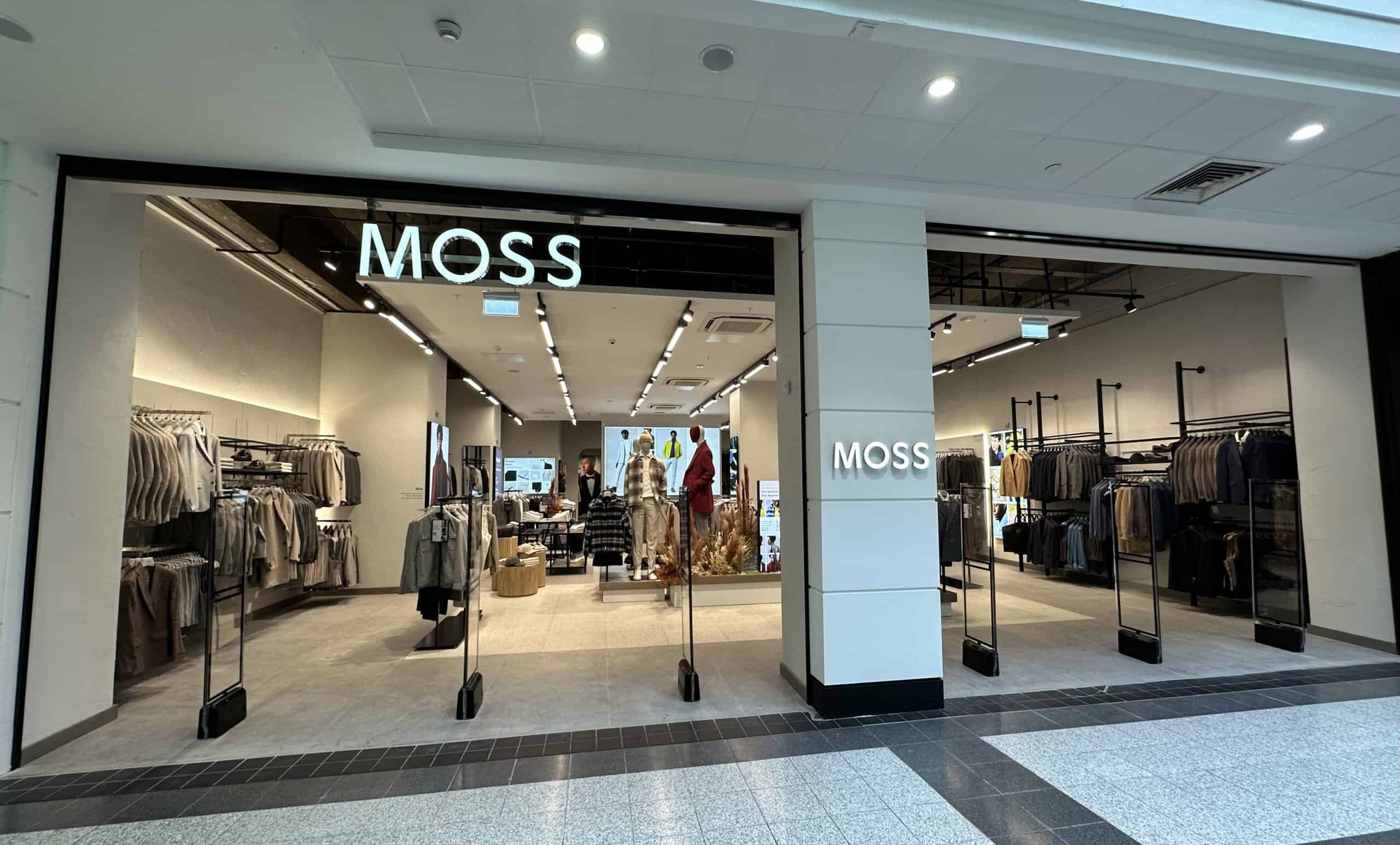
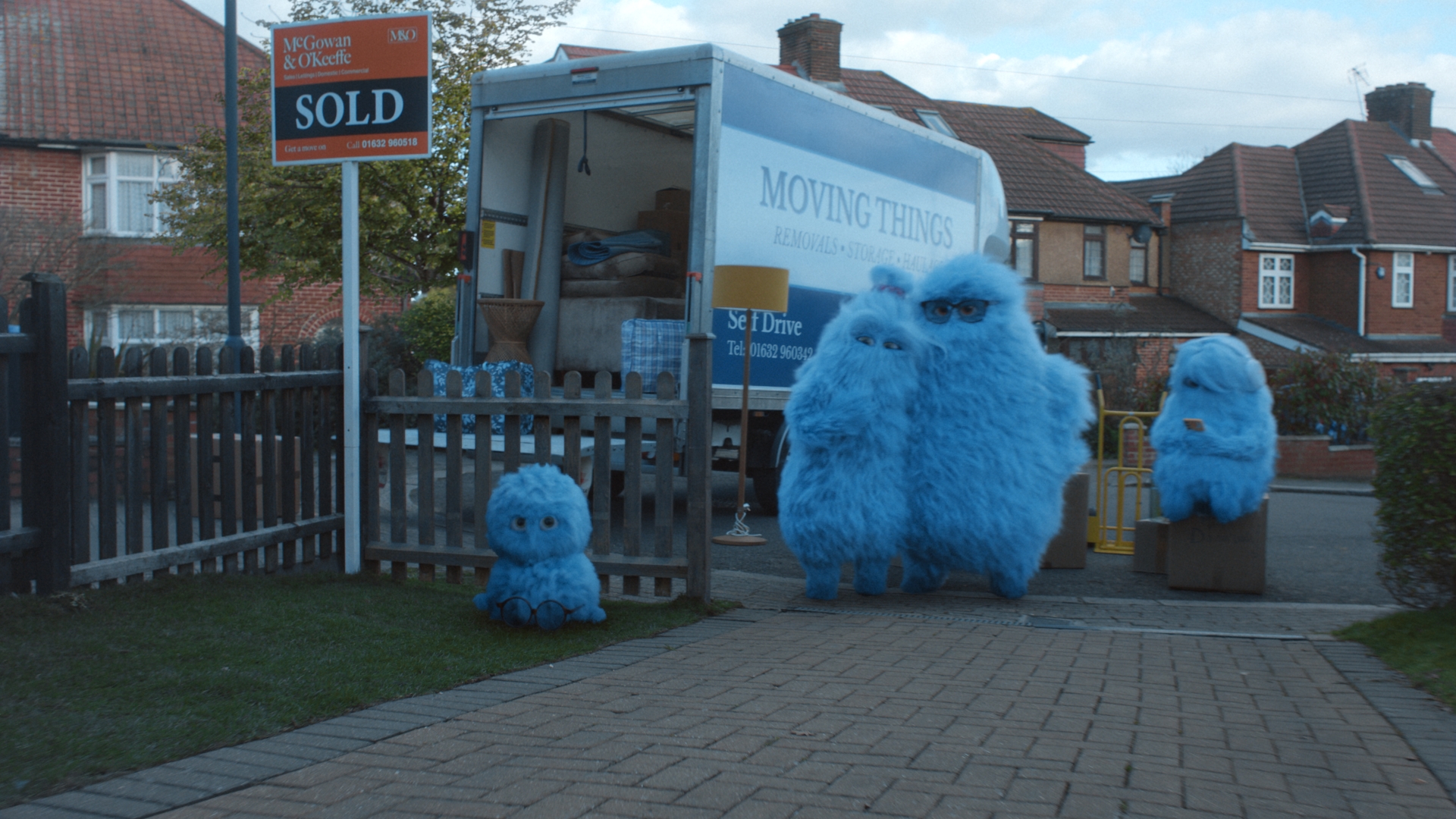
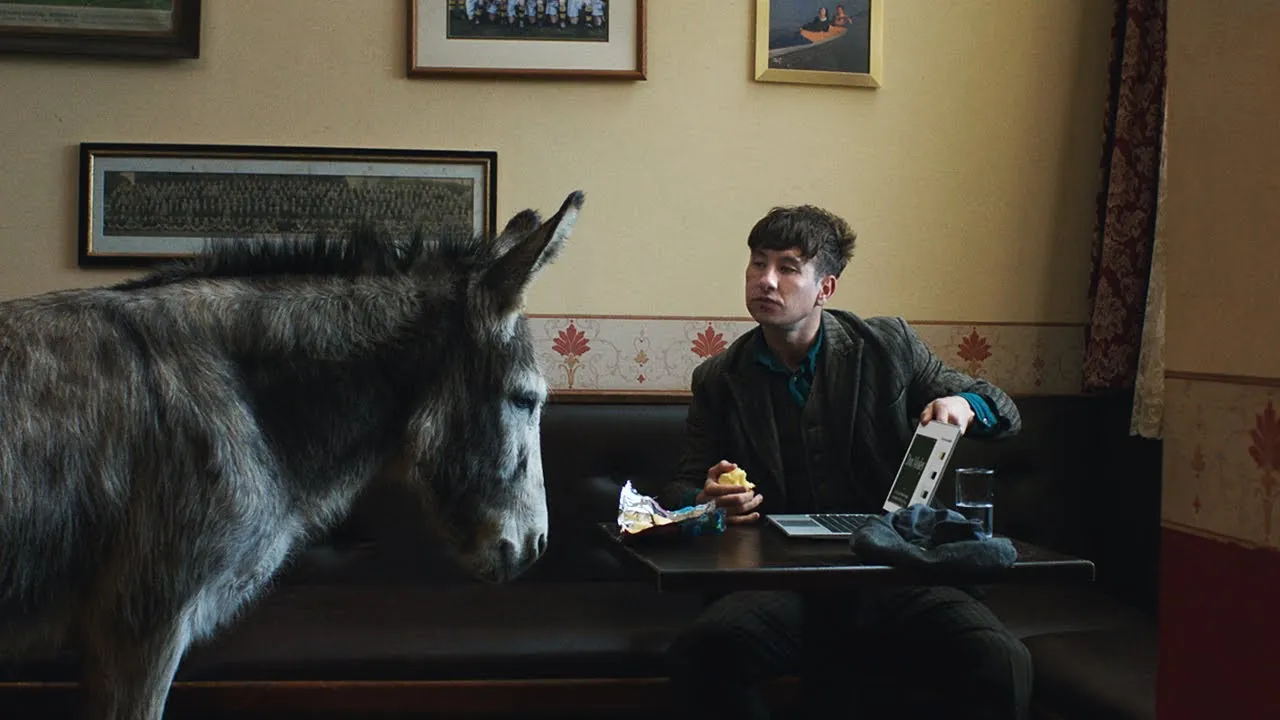



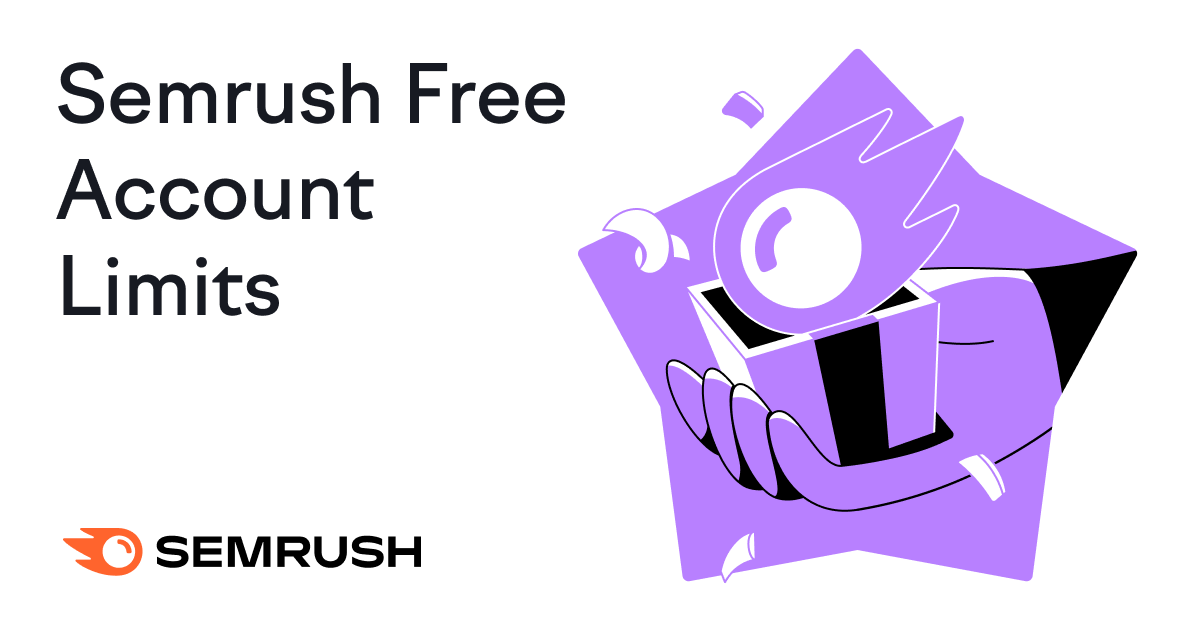
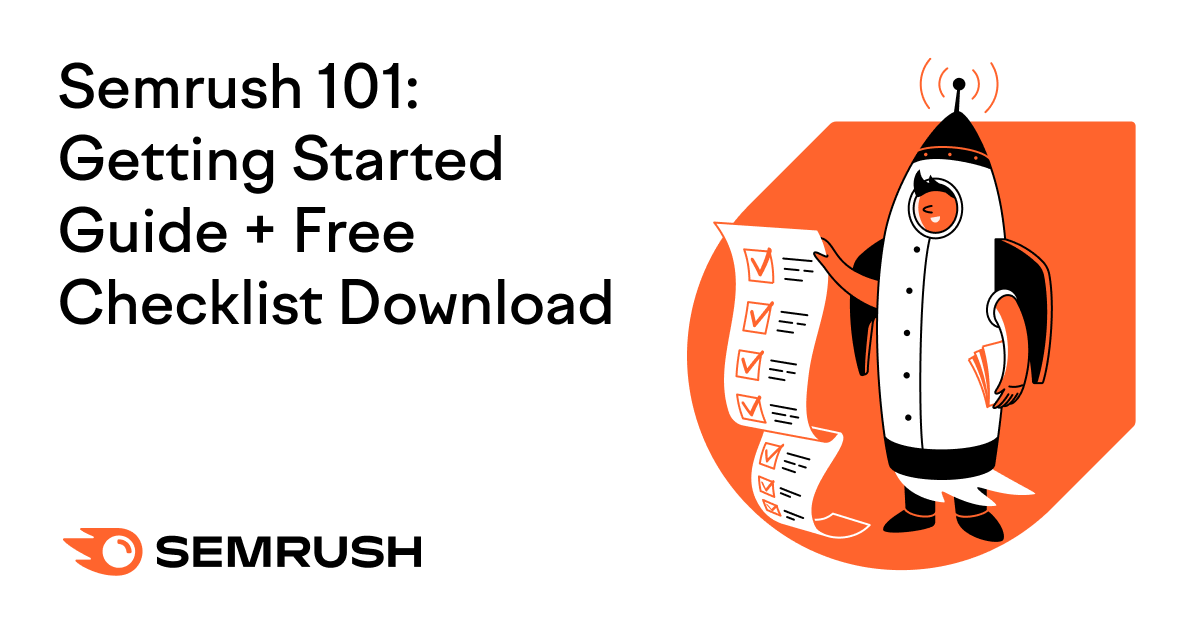









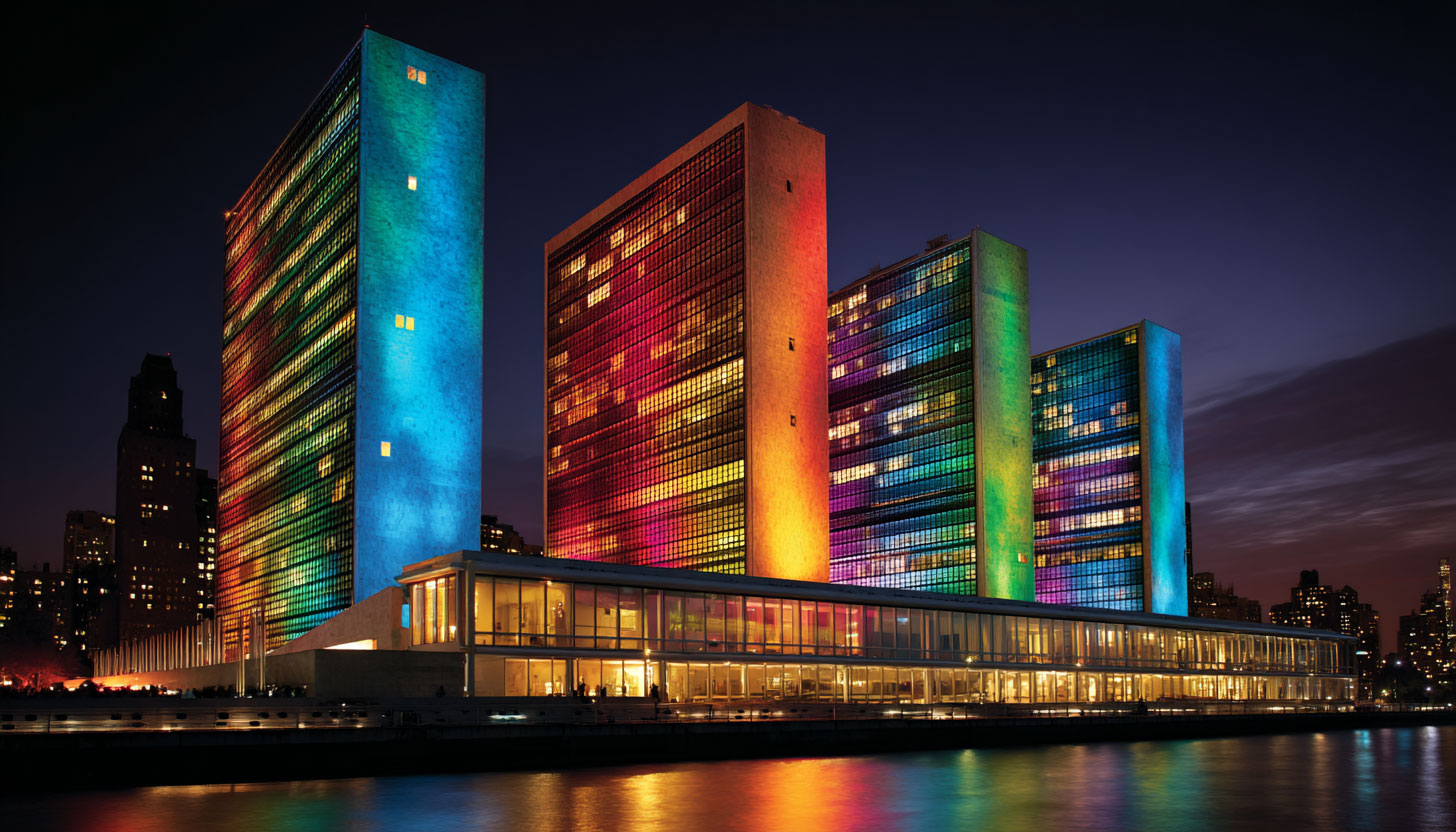

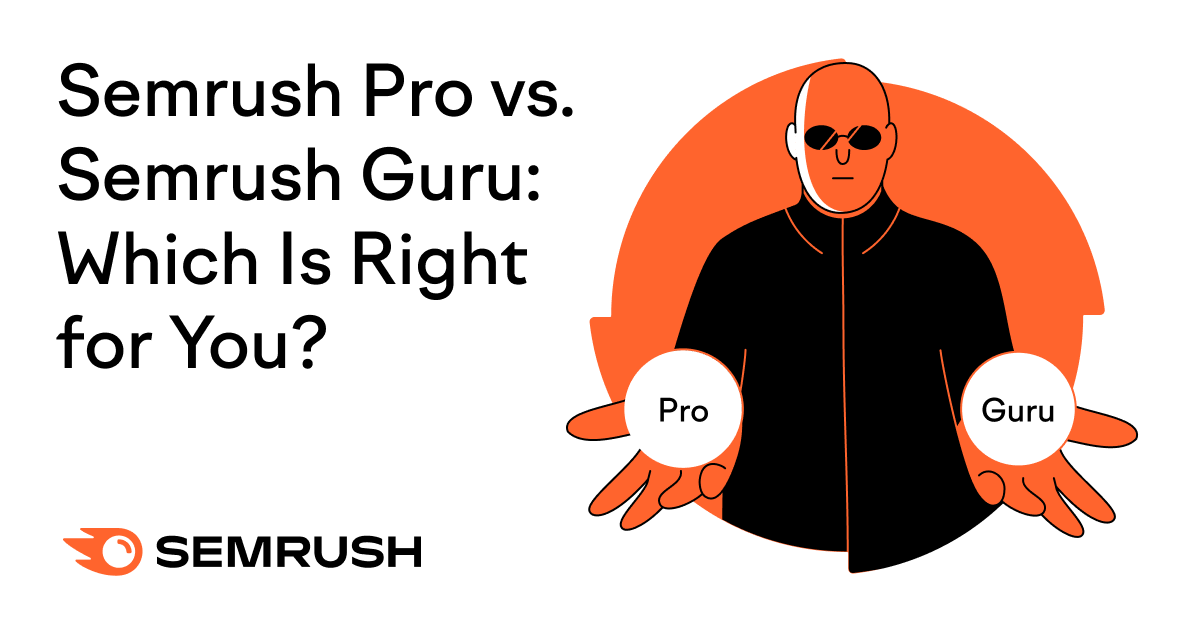

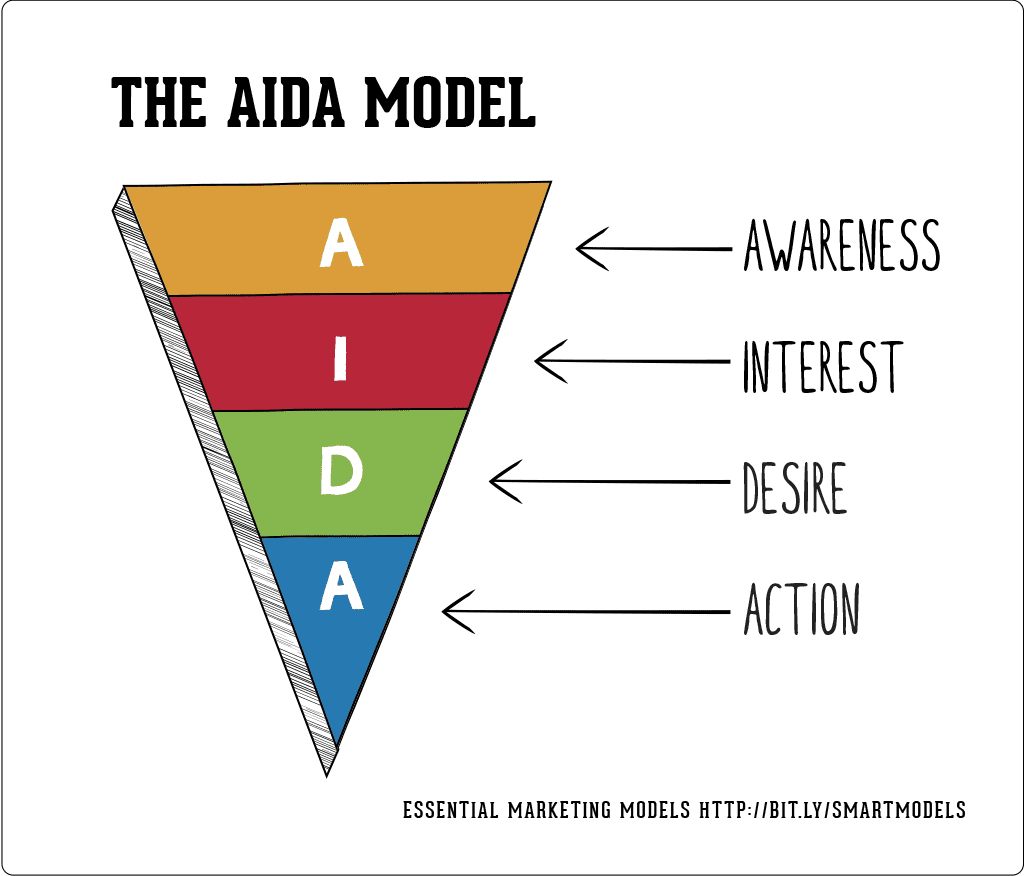

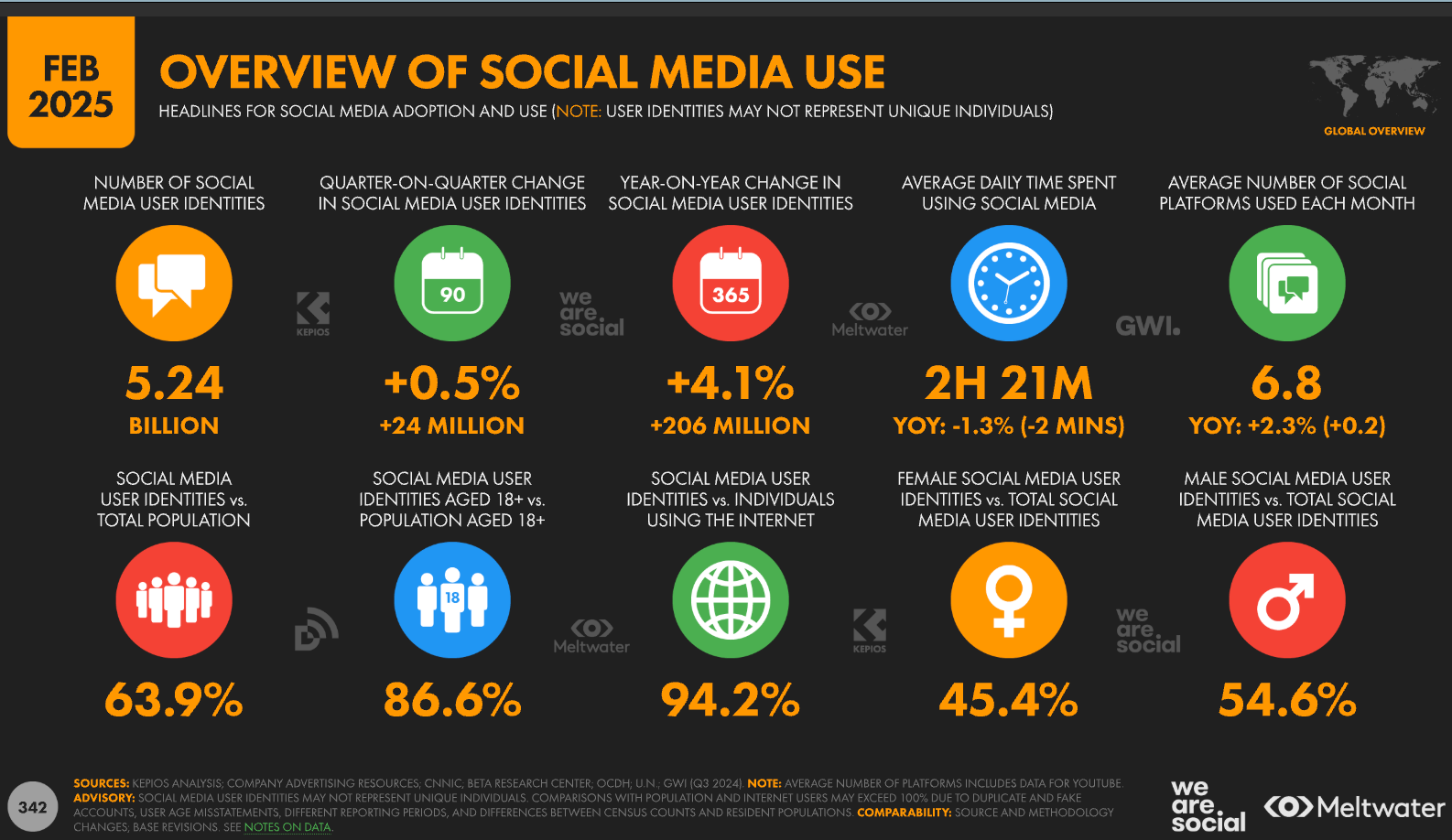
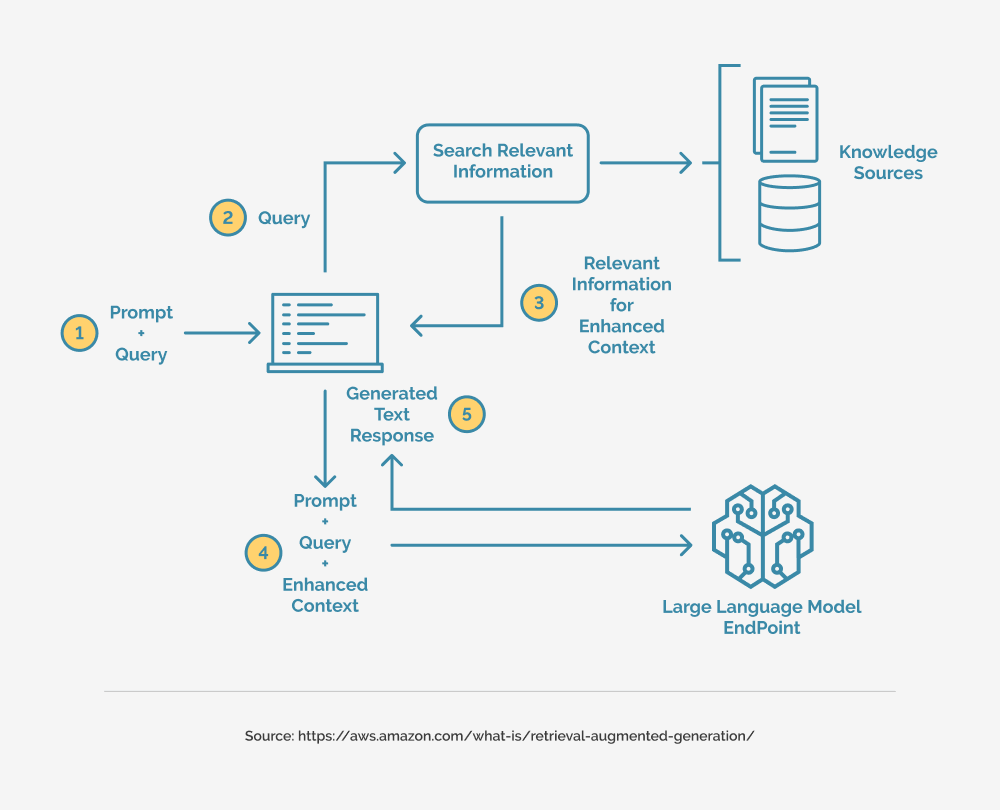
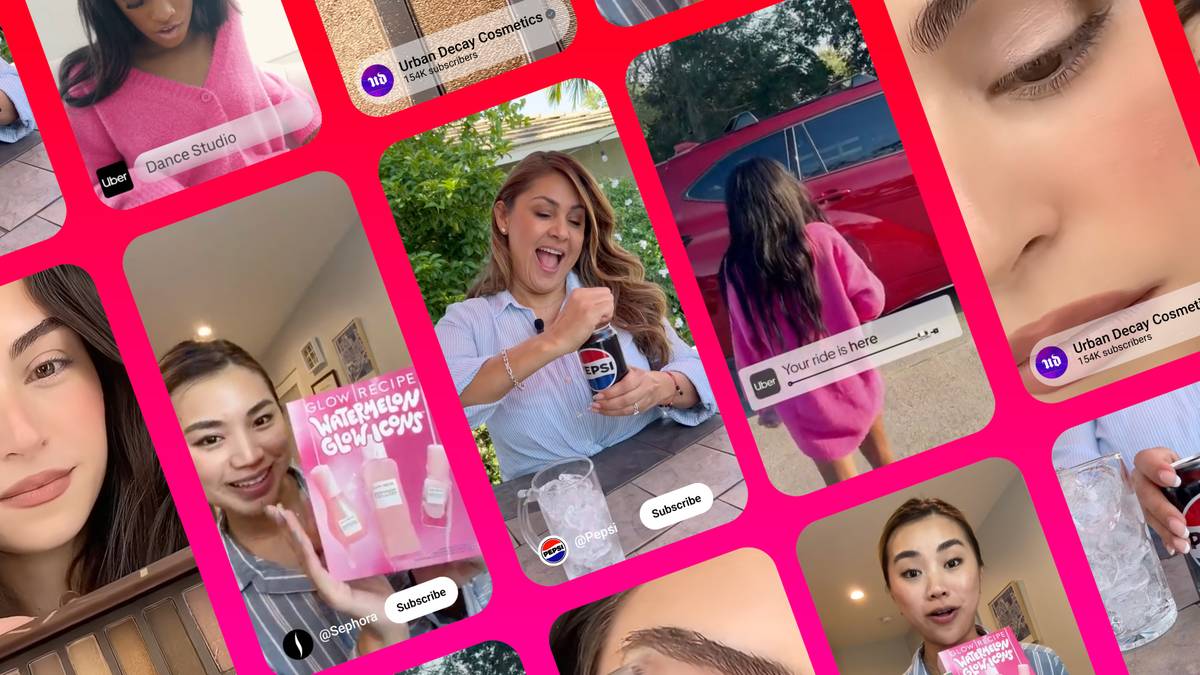
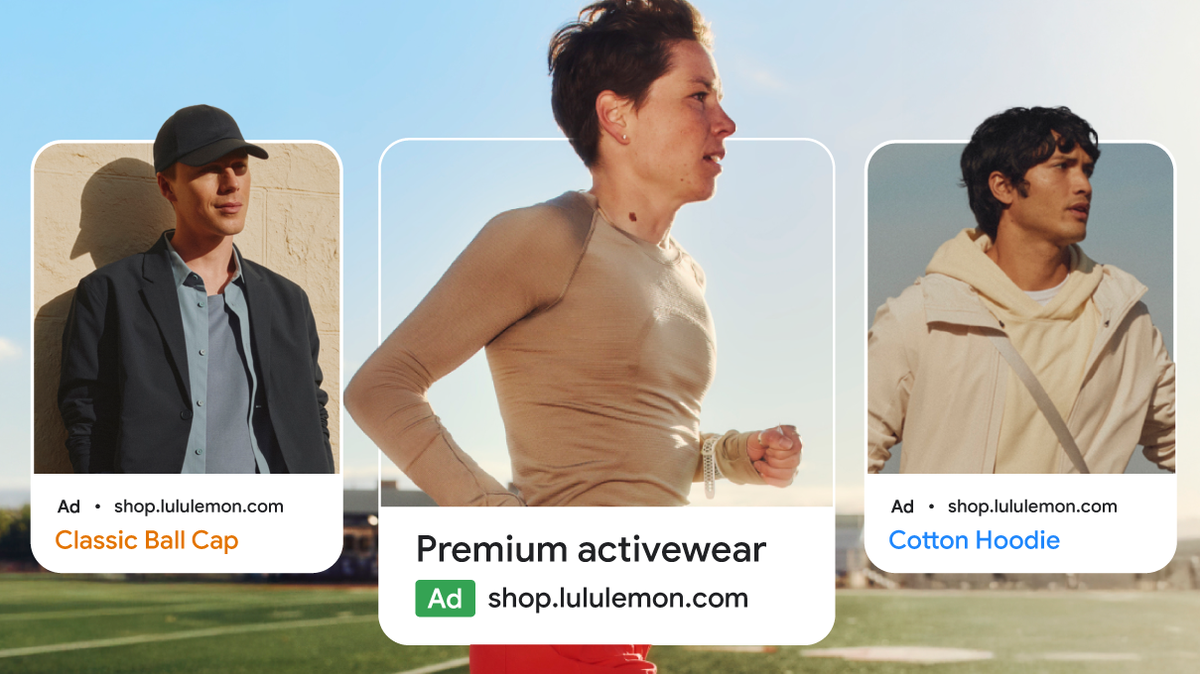
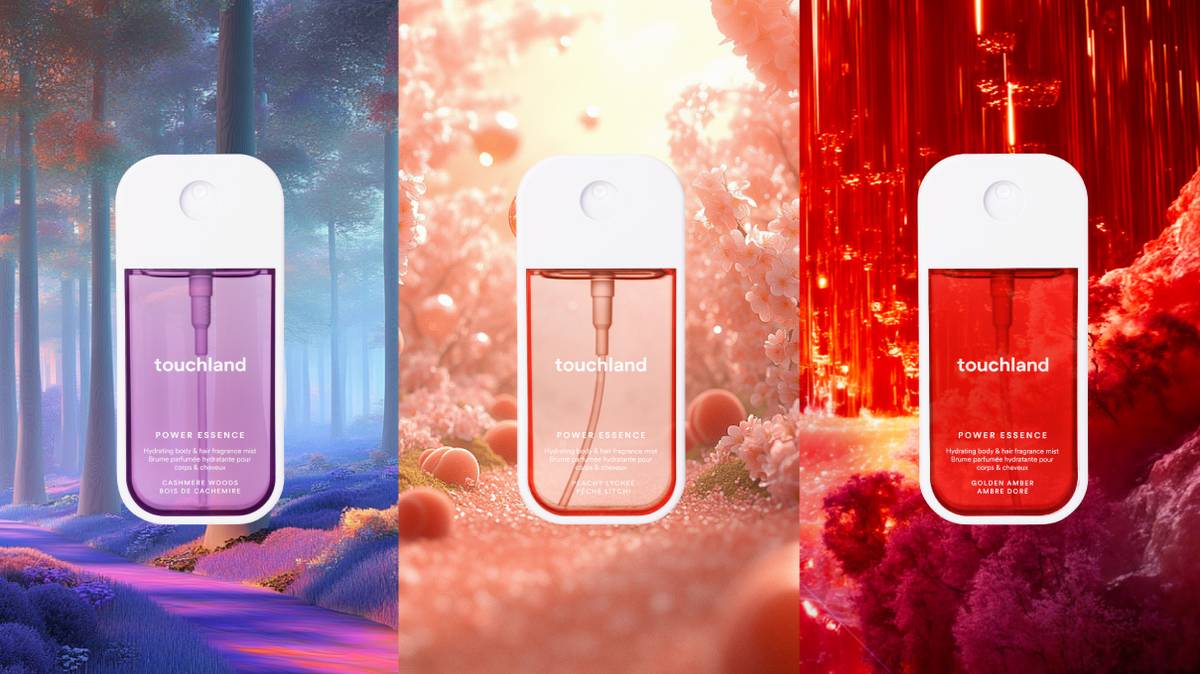








![The 11 Best Landing Page Builder Software Tools [2025]](https://www.growthmarketingpro.com/wp-content/uploads/2024/04/best-landing-page-software-hero-image-1024x618.png?#)








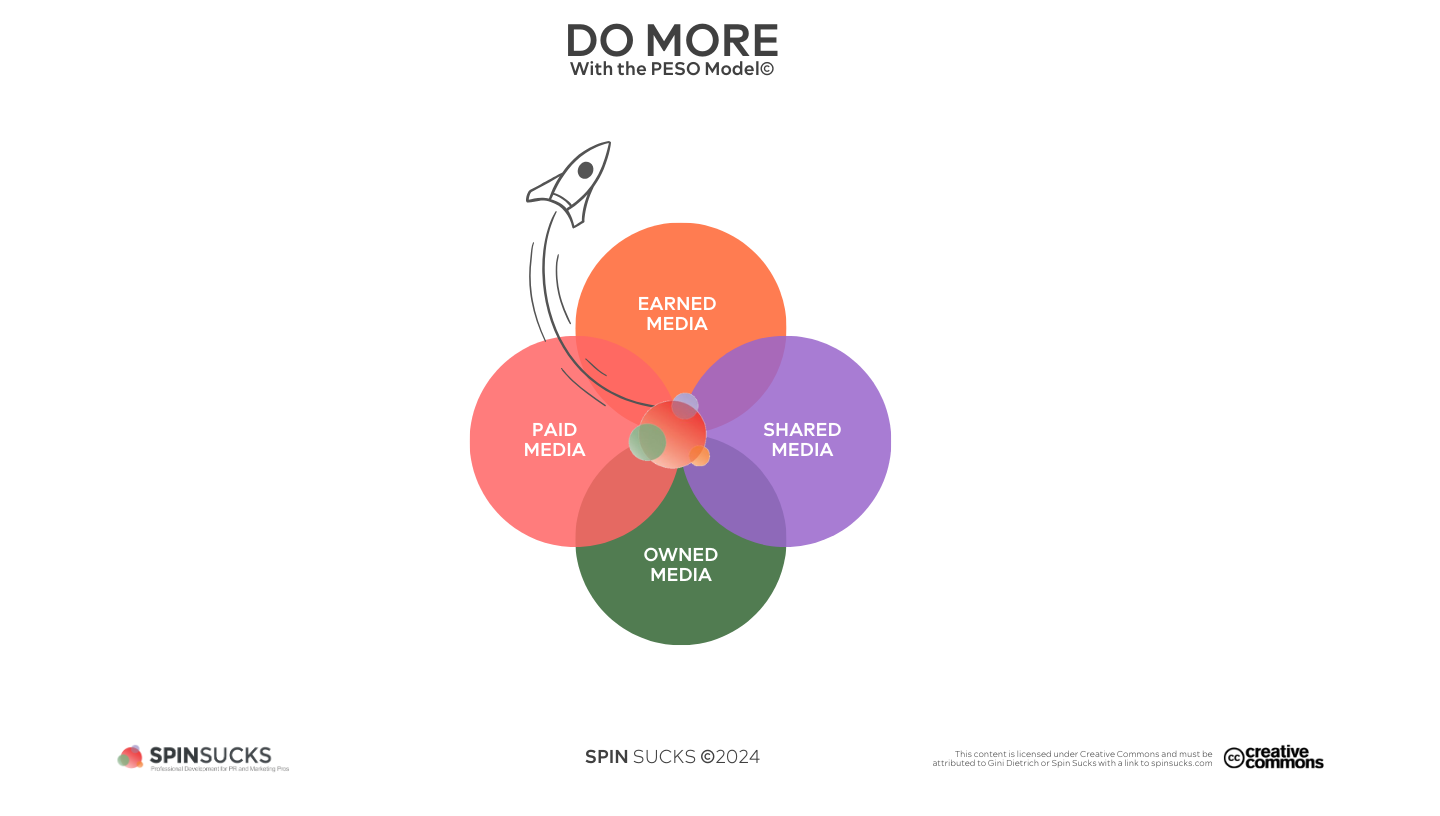




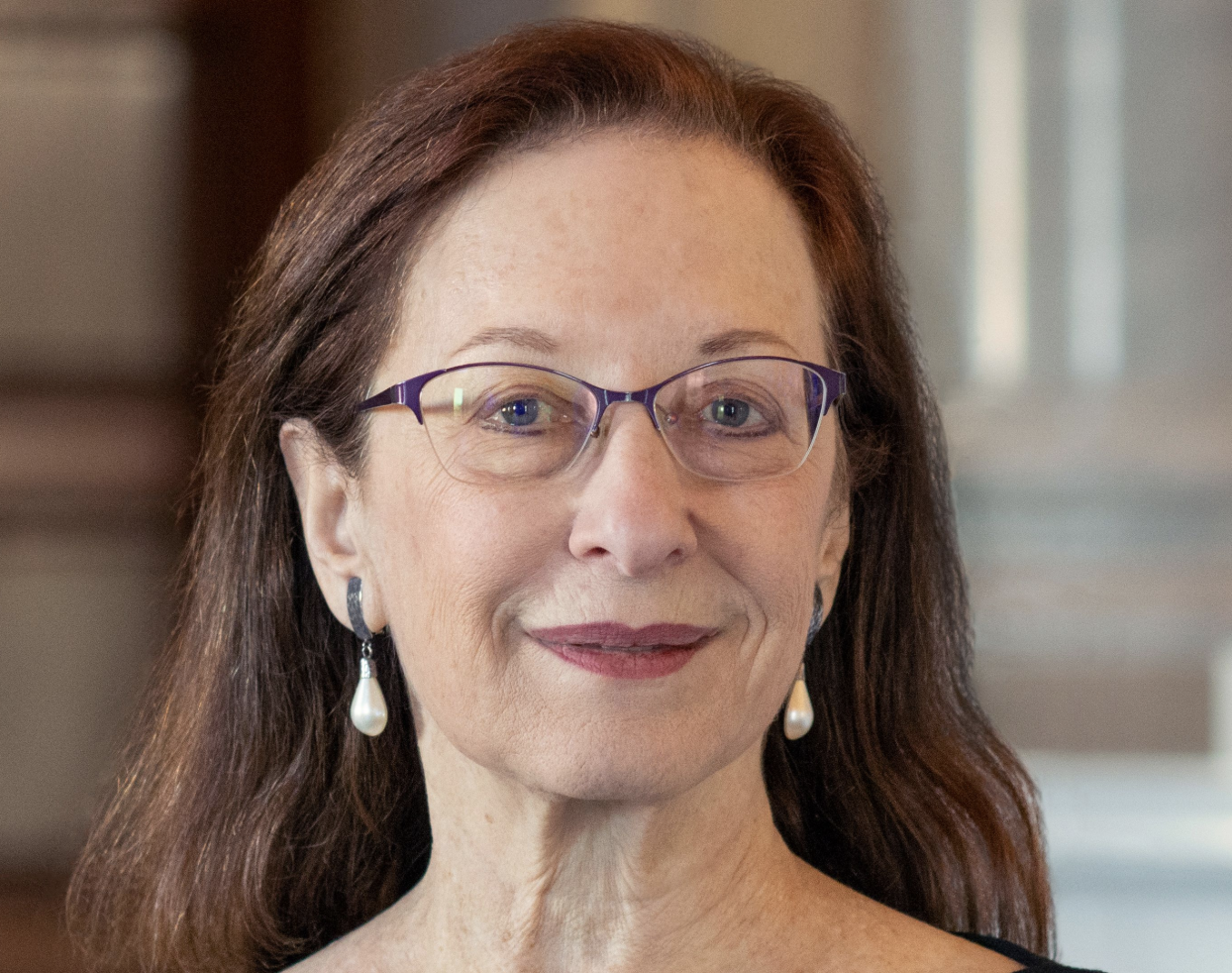















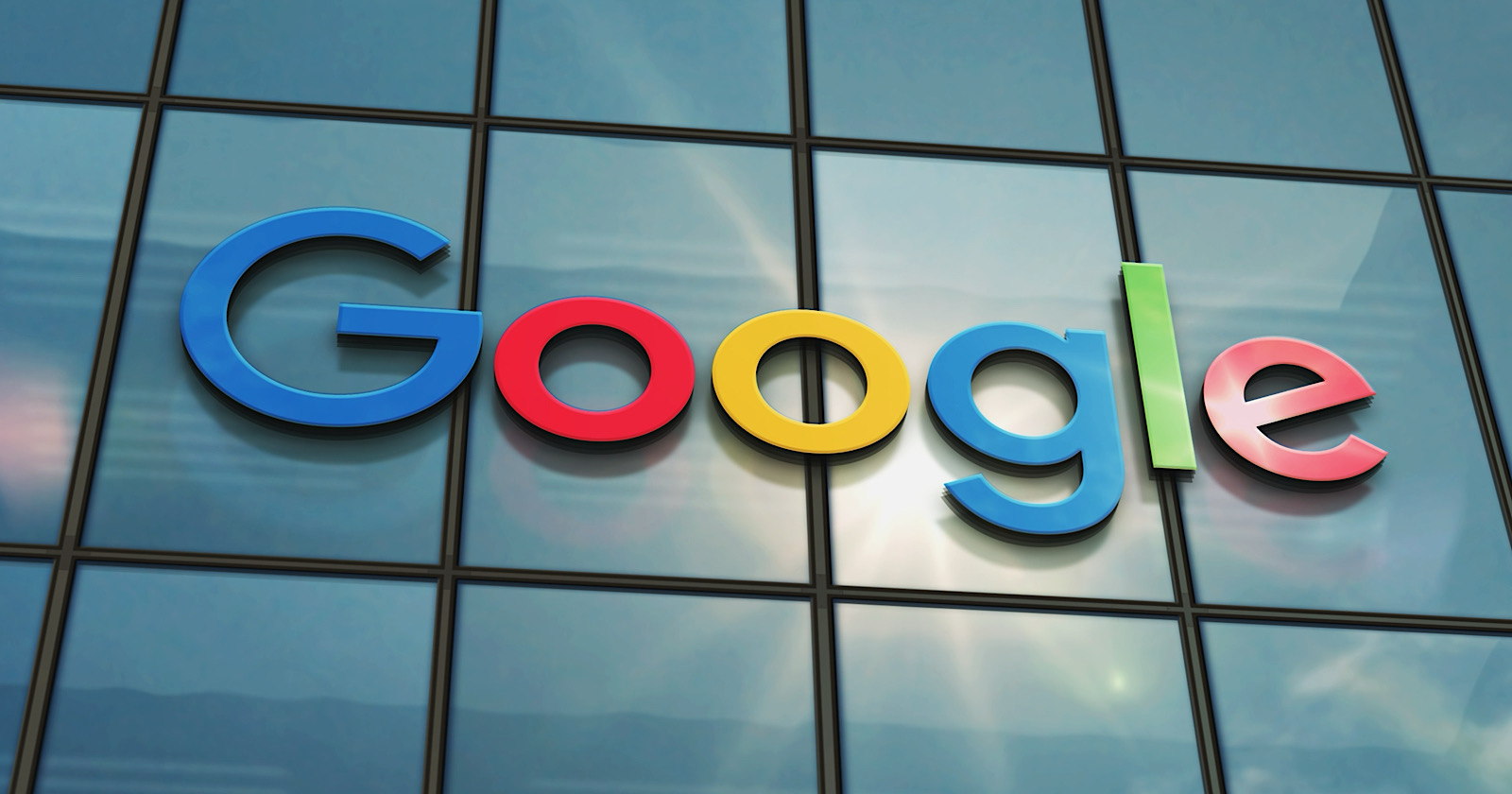




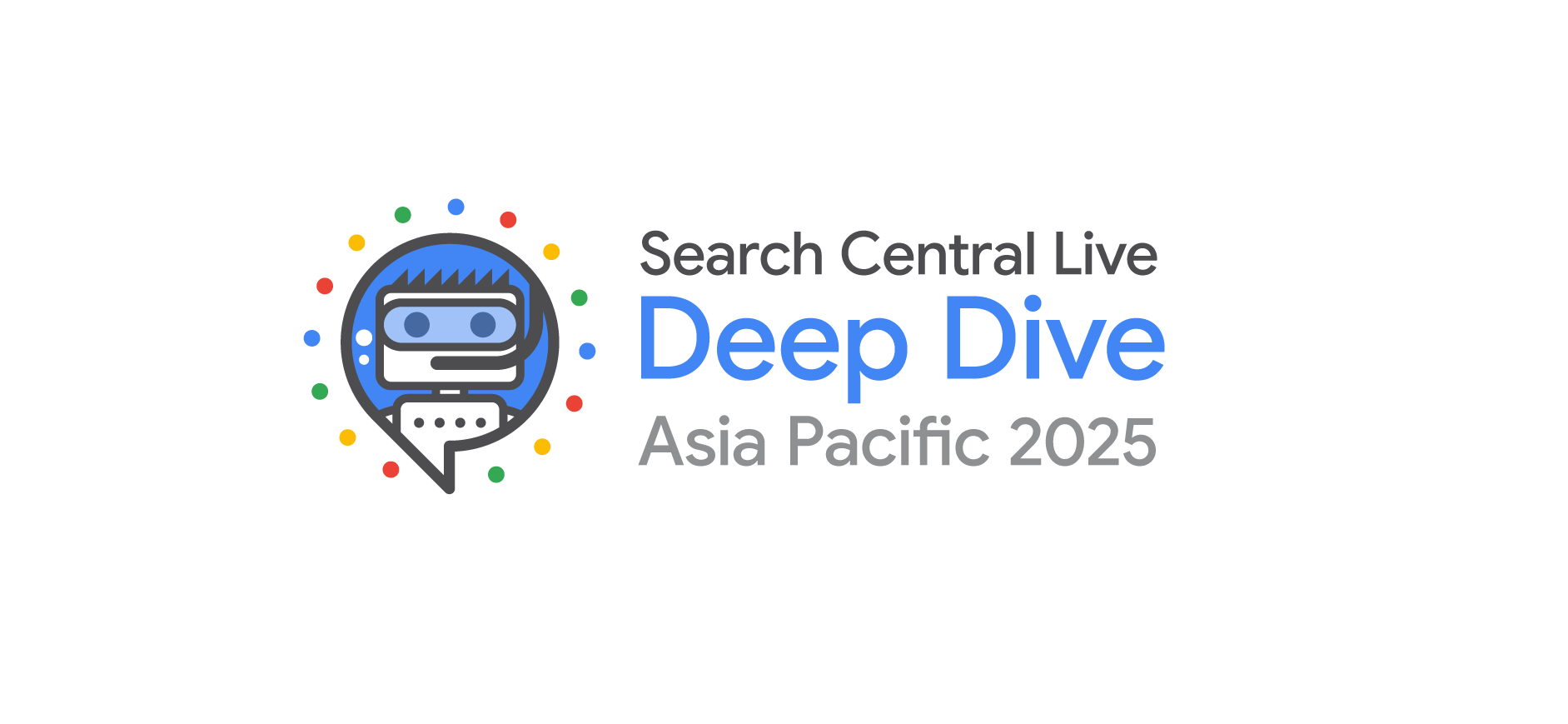


![What Is Generative Engine Optimization [Tips & Workflows To Do It]](https://moz.com/images/blog/banners/What-Is-Generative-Engine-Optimization-Tips-Workflows-To-Do-It-1.png?auto=compress,format&fit=crop&dm=1745607929&s=6f75f1f02c531af0f80acb12517c8bab#)








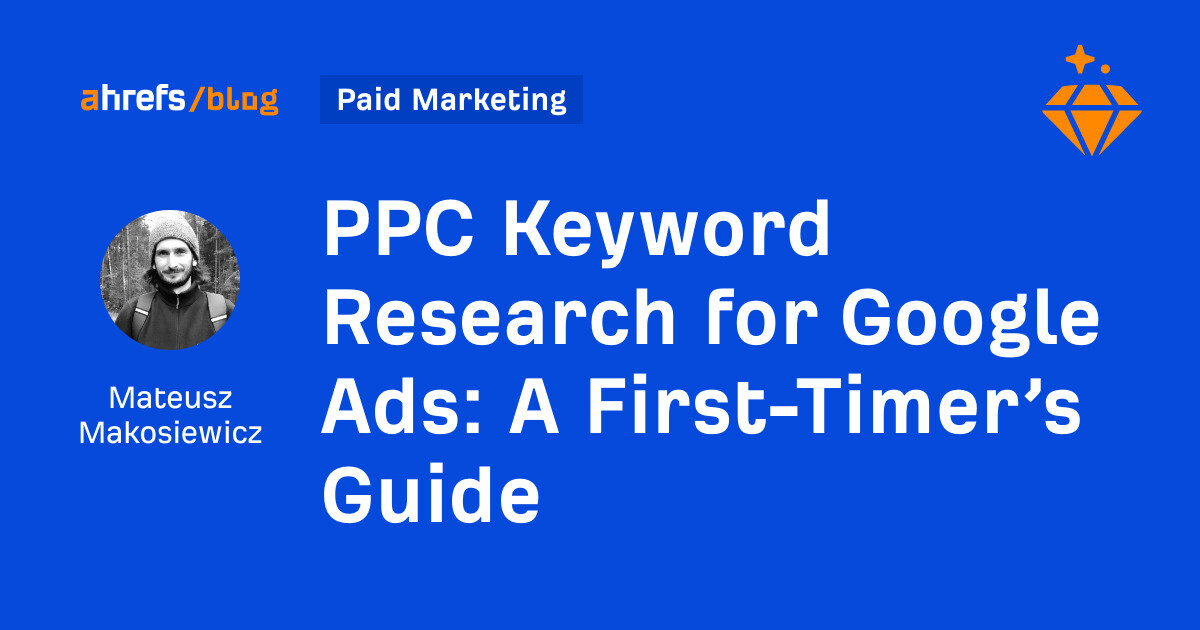
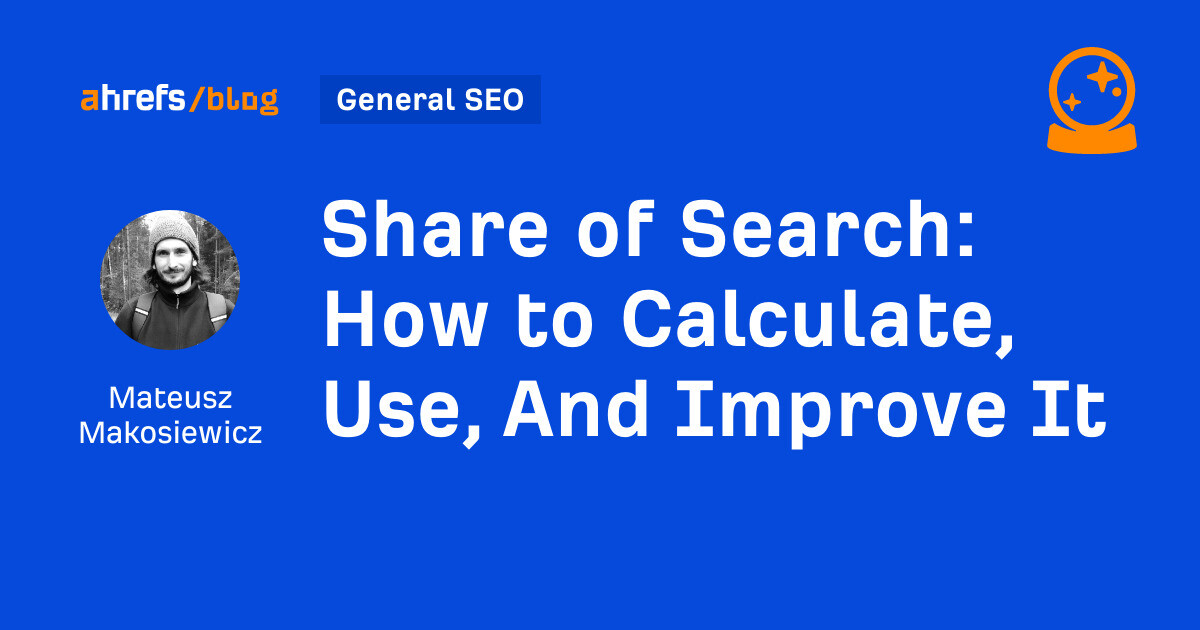
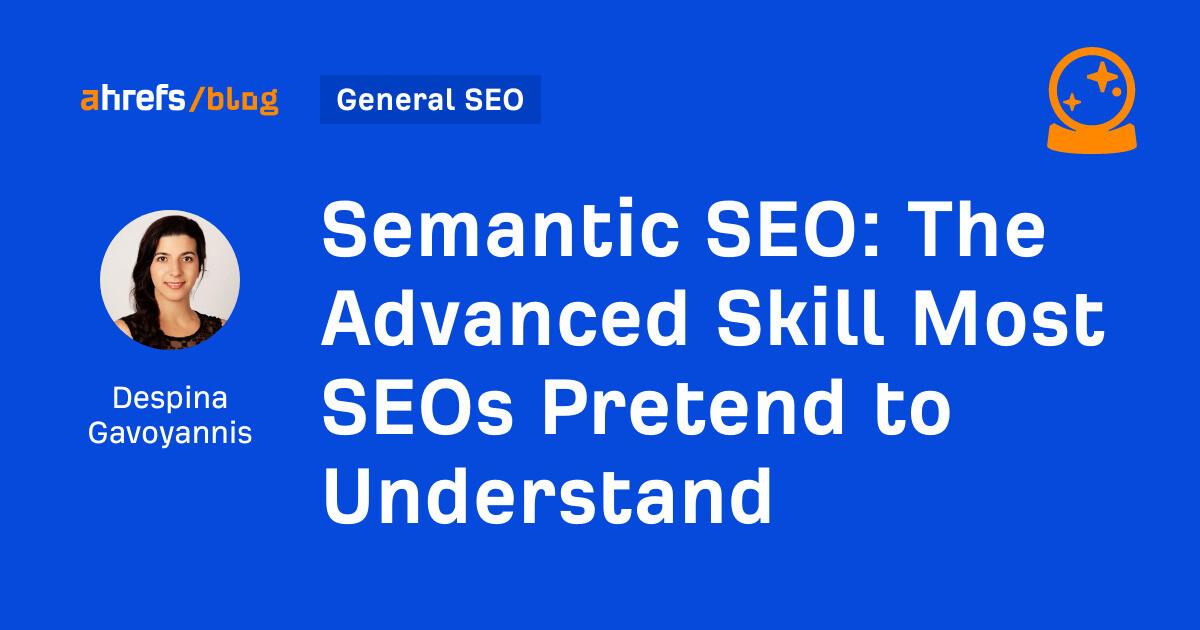
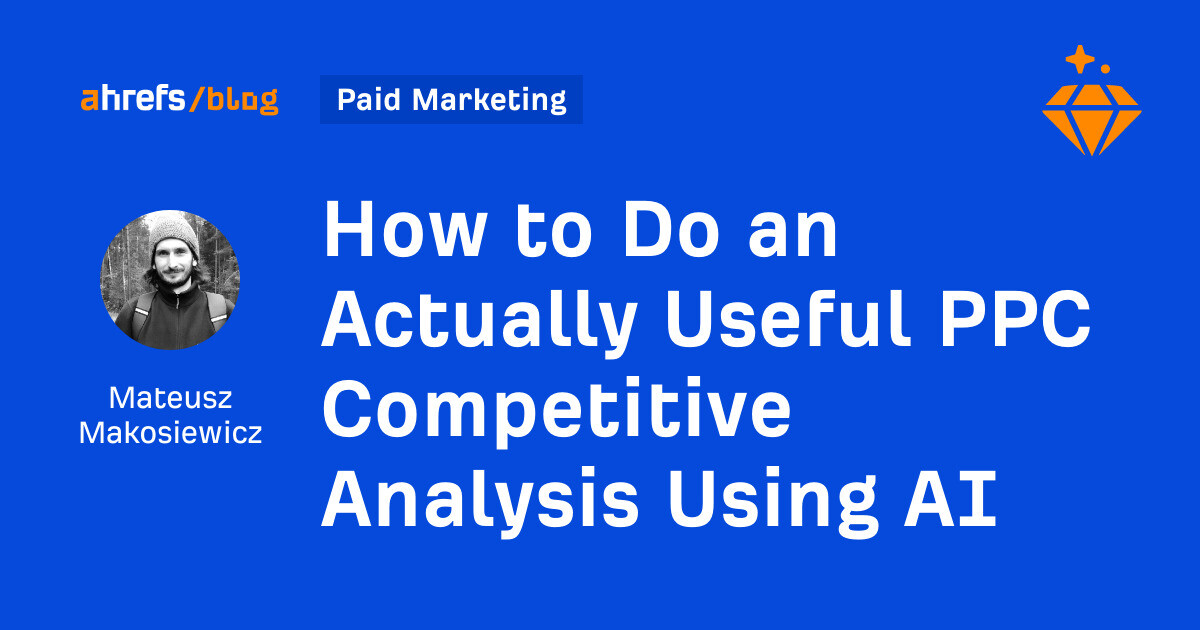
![8 Marketing Principles You’ll Wish You Knew When You First Started [Infographic]](https://imgproxy.divecdn.com/IrFUUizSVZJGsPem_wXXddL_nQGNvo8QImauGCOQCxo/g:ce/rs:fit:770:435/Z3M6Ly9kaXZlc2l0ZS1zdG9yYWdlL2RpdmVpbWFnZS84X21hcmtldGluZ19wcmluY2lwbGVzX2luZm8yLnBuZw==.webp)
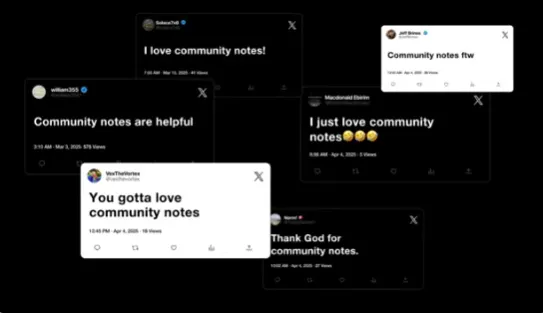
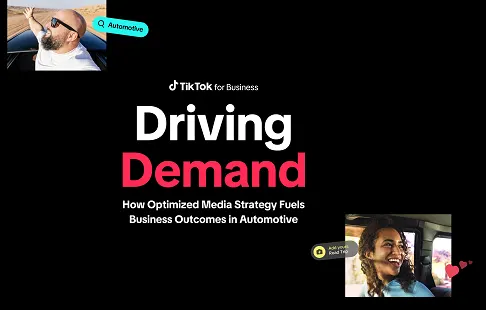
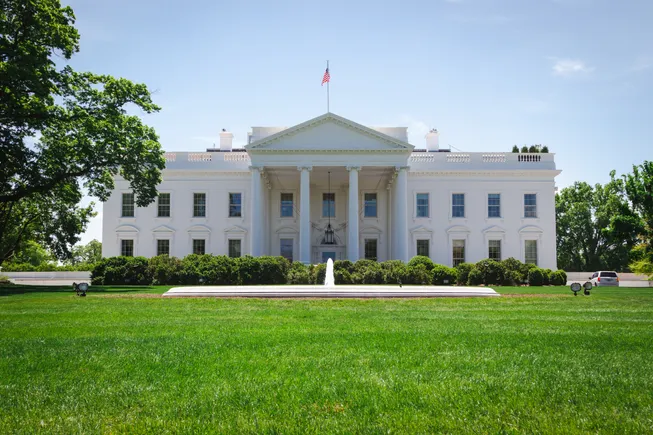
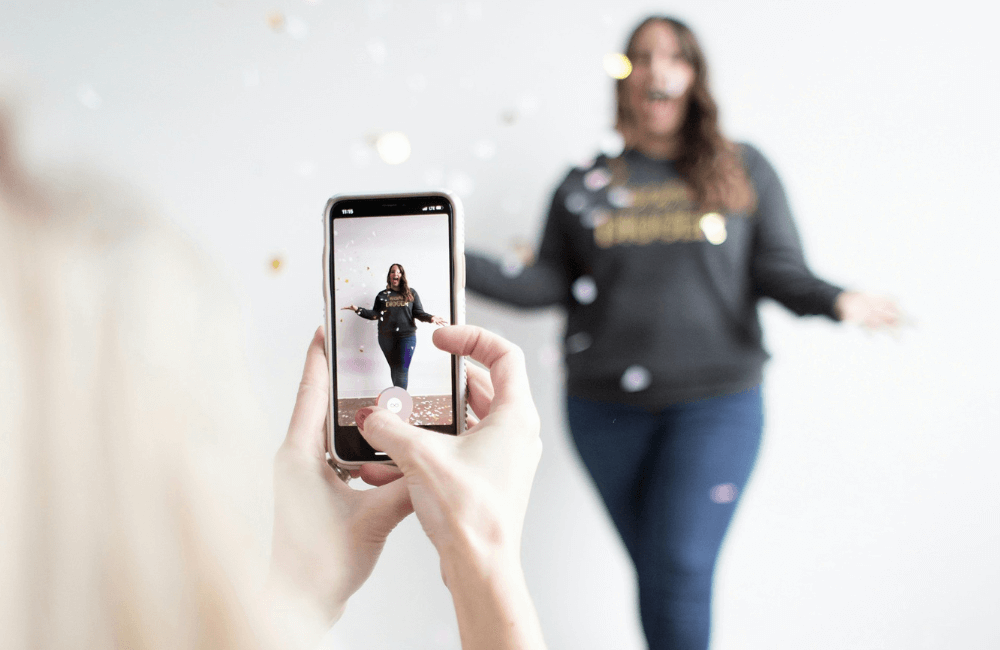


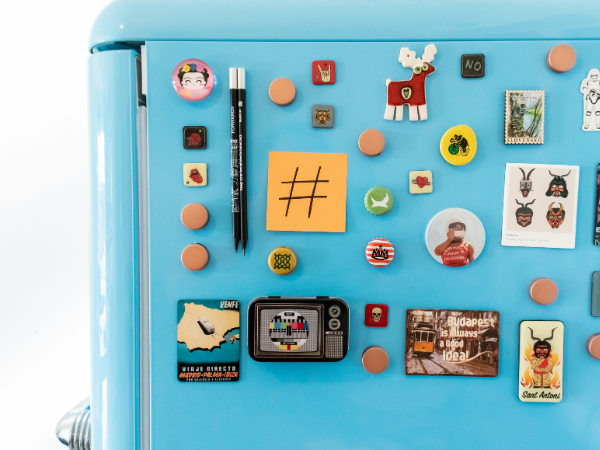






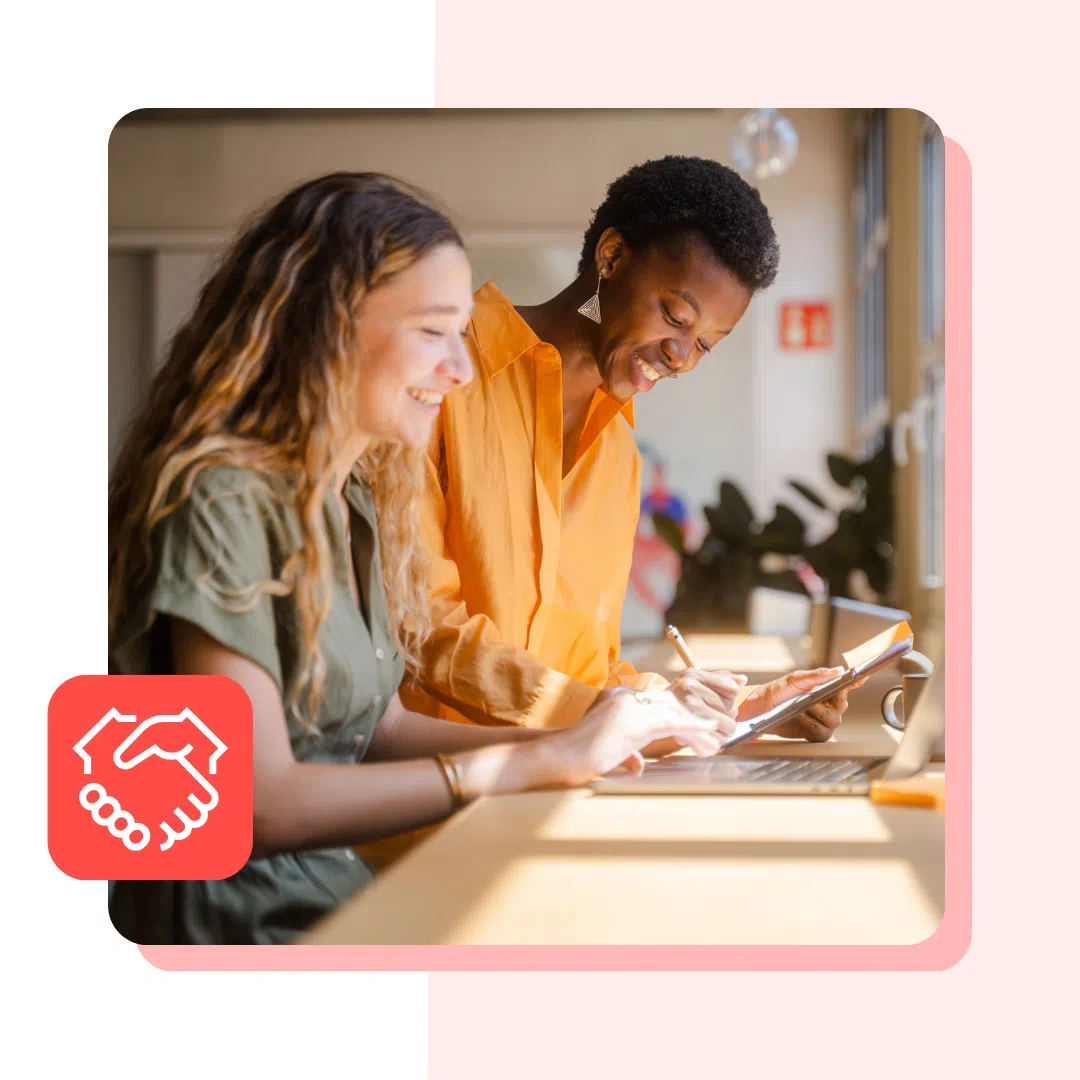
![Social media image sizes for all networks [May 2025]](https://blog.hootsuite.com/wp-content/uploads/2023/01/Social-Media-Image-Sizes-2023.png)

![X (formerly Twitter) vs. Threads: What brands need to know [data]](https://www.hubspot.com/hubfs/x%20vs%20threads.png)
![The best marketing campaigns of the year (thus far), what to learn from them, and why they worked so darn well [new data]](https://knowledge.hubspot.com/hubfs/marketing-campaigns-1-20250508-1357892.webp)


